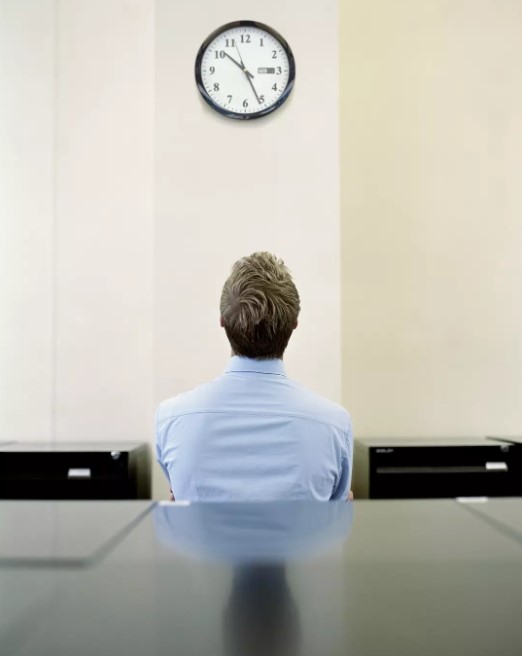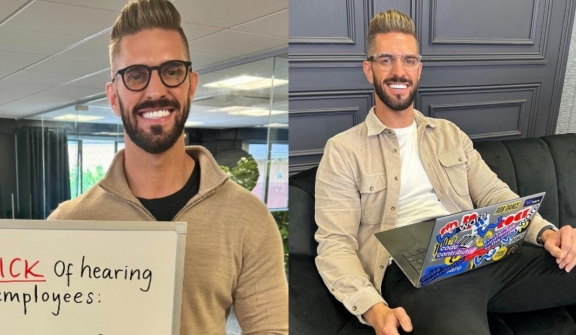
In a recent viral post, a tech CEO named Rob Dance sparked a conversation about his list of things employees often say making him feel 'sick.'
Dance, who is known for his daily Twitter (known as X) posts on leadership and personal growth, shared a list of things he is "sick" of hearing from his employees.
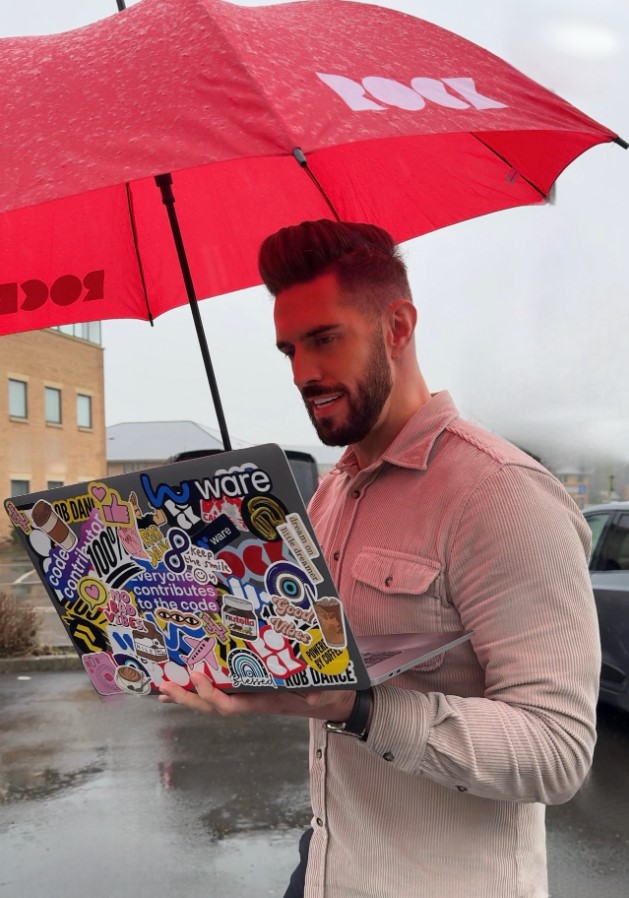
According to Dance, some of the common requests that frustrate him include "Can I leave early today? I'll be late in the morning," "my child is sick, can I rush off?", "I've got a doctor's appointment tomorrow, is that okay?", or "I'm going to be late back from lunch, I've got some things to sort."
Dance's blunt response to these types of requests? "I don't care."
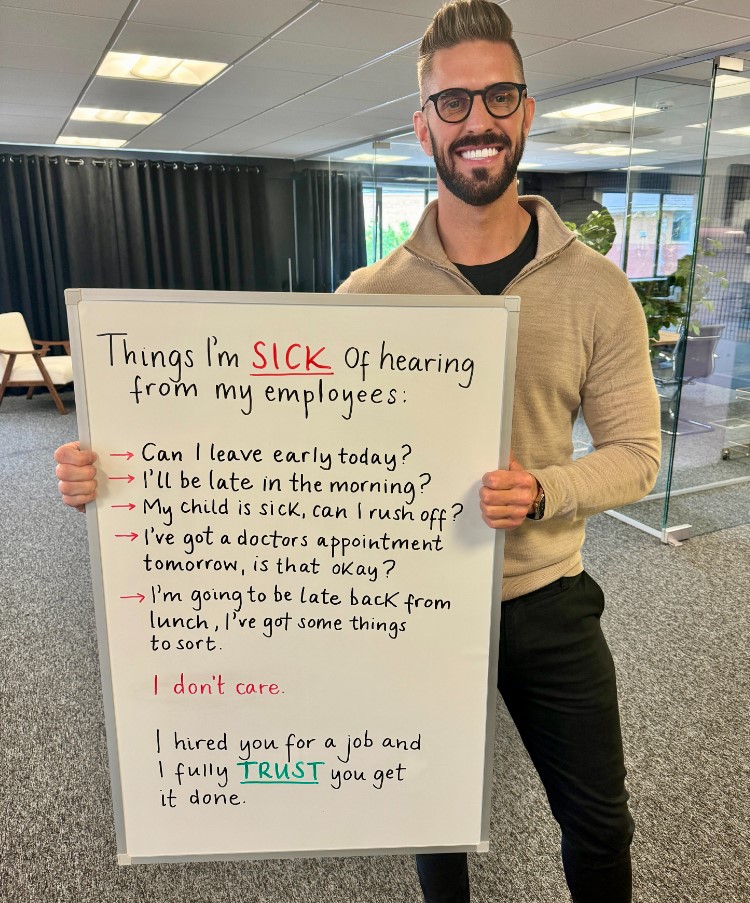
This controversial stance has generated a mixed reaction from the online community.
Some have criticized Dance, labeling him as a "douchebage" for his apparent lack of empathy.
However, Dance maintains that his approach is rooted in a desire to foster a more mature, autonomous workplace culture.
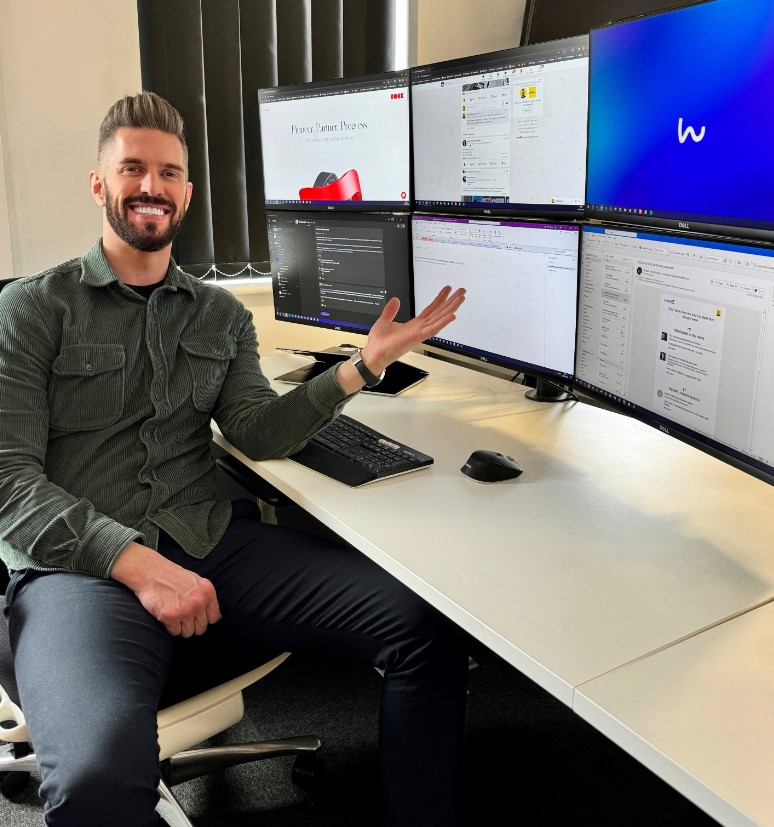
On his post, Dance said: "I hired you for a job and I fully TRUST you to get it done. I don't need you to account for every single hour,"
"Times have changed, and the workplace is different these days. People are sick of being treated like children," he added.
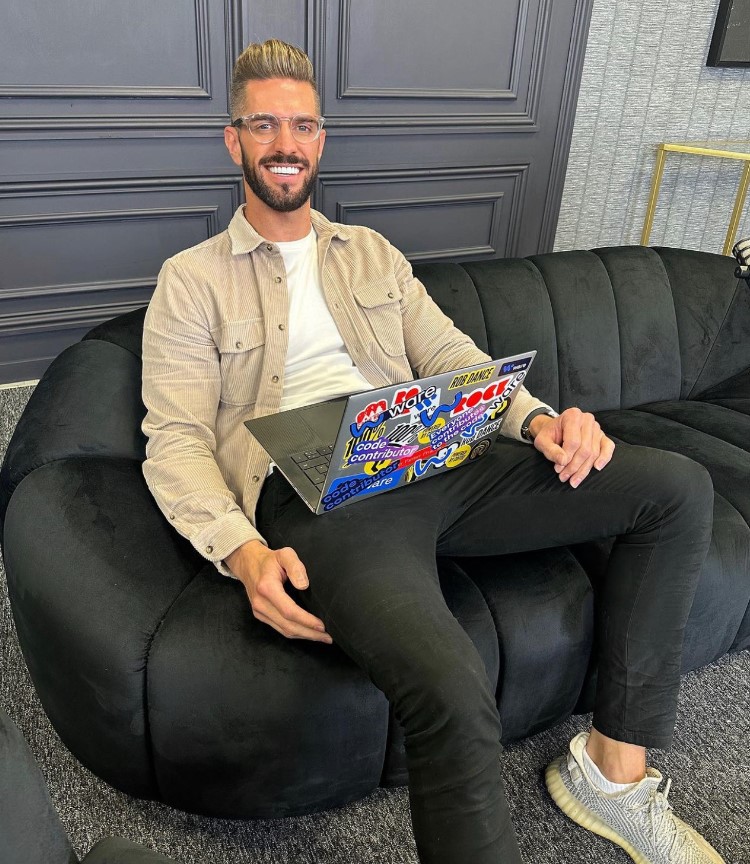
He believes that companies should focus on output rather than micromanaging every aspect of their employees' time and schedules.
"Give them autonomy, respect that they have lives outside of work, don't gaslight them into being grateful for not being fired every day,"
He advised. "Output should always trump hours."

I agree to a certain extent. Some people will take advantage of this type of leadership which is why it is also important to set clear individual goals/OKRs/requirements for your team and check in with them regularly on their progress, one user said.
No tolerance means employees will eventually leave and you’ll pay to retrain someone else. Need flexibility especially either young families and kids, the second user commented.
Counter-point: sometimes people just want to openly communicate. They’re not asking for permission, they’re just making sure you’re in the loop, the third user said.
As in you dont care if they are leaving early or coming in late from time to time so long as they get their work done? I've very pro this idea as well, just be responsible with this perk, someone agreed.
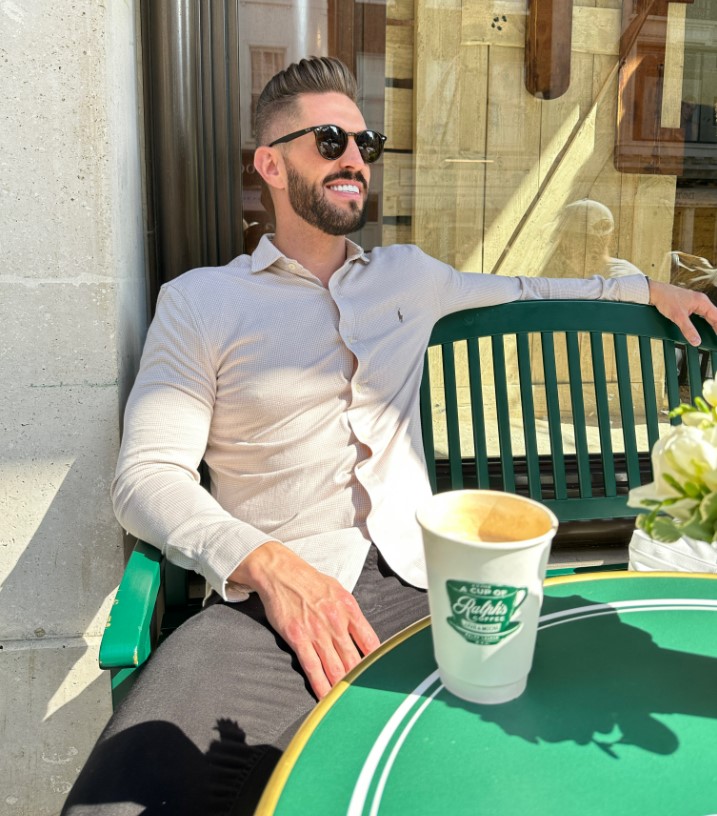
Gen Z employees (aged 16-26) believe that arriving 5-10 minutes late is perfectly acceptable. However, this view is not shared by older generations in the workplace.
Only 39% of millennial employees (aged 27-42) find this acceptable, a number that drops to 26% for Gen X (aged 43-58) and a mere 20% for Baby Boomers (59+).

In fact, 7 out of 10 Baby Boomers completely disapprove of any tardiness at all. In contrast, only 21% of Gen Z employees agree with this strict punctuality stance.
They often prioritize flexibility in work hours and see work-life balance as more important than rigid attendance rules.
However, Gen Z's views are not entirely consistent, as 60% of them also find it very annoying when colleagues are late for meetings.
